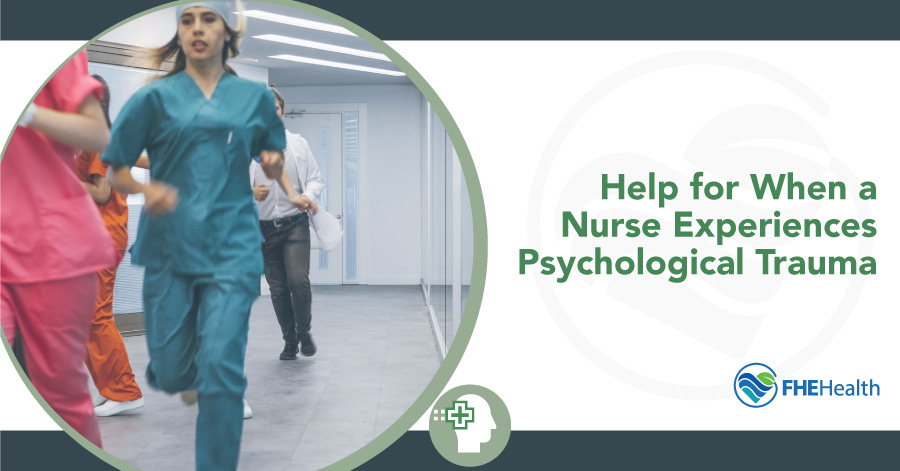
The Occupational Information Network (O*NET) publishes a list of the most stressful jobs annually based on several factors, including “consequence of errors” and “time pressure.” While everyone understands that positions in law enforcement will always be the #1 most stressful job in the U.S., it may surprise many people that nursing is in the top five most stressful jobs. In fact, nursing positions beat out jobs like air traffic controllers, surgeons and even firefighters.
Why is nursing so stressful, and why have nursing traumatization and mental health issues become so pervasive in the 21st century? Even before the COVID-19 pandemic, nurses were overworked, underpaid, and burdened by a deteriorating health system that ignored their physical and emotional needs. Now, over a year after the worst of the pandemic has passed, the consequences to nurses caused by constant trauma, stress, and work overload are causing an epidemic of post-traumatic stress disorder (PTSD), depression, and serious health issues in nurses, and recent studies have shown that nurses are slower to report these issues, leading to many to suffer in silence.
An excerpt from Nurse T: A Pandemic Nurse’s Diary succinctly summarizes the kind of all-consuming stress nurses is constantly subjected to:
“Most vivid is Nurse T’s representation of her work and the traumatic toll it takes on her and her colleagues. Because they work in an infectious environment, the nurses stay in hotels and rarely see their families. Because they don’t have the proper equipment and because the hospital does not have up-to-date filtration and ventilation systems, the workplace is far more dangerous and deadly than it needs to be. Because politicians and the population at large do not take the pandemic seriously and promote basic precautions, medical staff are having to treat many more patients than they would need to otherwise. Because the hospital is ill-equipped, they can’t treat patients optimally.”






